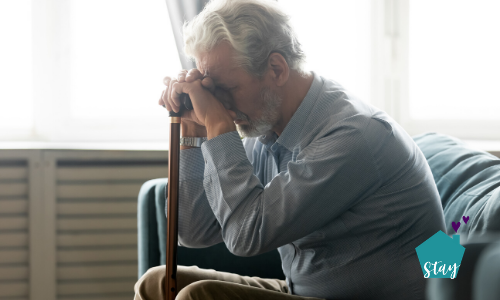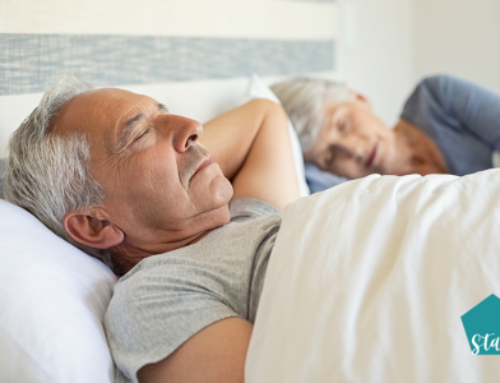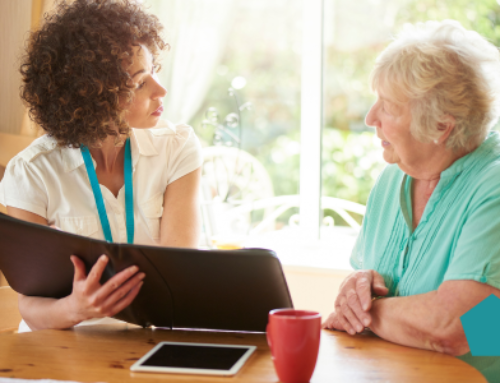 As we continue to see surges of cases of COVID-19, many of us seek the light at the end of this pandemic. Although we don’t know what the future holds, many of us have returned to some sort of normal after nearly 3 months in lockdown. People have returned to the workplace, the grocery store, and are gathering more regularly with friends and family. However, this is not the case for the elderly population, who are still being strongly encouraged to stay at home, causing them to feel lonely, depressed, and isolated. While the pandemic has exacerbated senior loneliness, this is certainly not a new issue.
As we continue to see surges of cases of COVID-19, many of us seek the light at the end of this pandemic. Although we don’t know what the future holds, many of us have returned to some sort of normal after nearly 3 months in lockdown. People have returned to the workplace, the grocery store, and are gathering more regularly with friends and family. However, this is not the case for the elderly population, who are still being strongly encouraged to stay at home, causing them to feel lonely, depressed, and isolated. While the pandemic has exacerbated senior loneliness, this is certainly not a new issue.
The Facts
A University of California study found that 43 percent of seniors regularly experience loneliness, while only 18 percent live alone. Their lack of social interaction leaves a feeling of separation and isolation which can become a harbor of negative emotions, especially during a global pandemic. However, there are different levels of loneliness among seniors.
The significant effects of isolation — a higher risk of heart disease, dementia, immune dysfunction, functional impairment and early death — ultimately depends on the severity of loneliness. Elders that are only moderately lonely are at lower risk, whereas those who are extremely lonely are at higher risk. That being said, most seniors are not on the high risk side, which is evidently a positive sign. Last year, AARP conducted a survey asking older adults “How often do you feel lonely or isolated from those around you?”, and only 4 percent responded “always”, while 27 percent responded with “sometimes.” Additionally, the University of Michigan recently published a survey on loneliness and the associated health risks, where 8 percent of people aged 50-80 said they often lacked companionship and 26 percent responded saying they only sometimes felt this way.
Although the loneliness of our elders is thought to be evolving into a pandemic, there is sustainable evidence presenting hope.
Providing Support
Ensuring our senior’s comfort both mentally and physically is the ultimate goal, and achieving this is a case-by-case undertaking. One of the first things to focus on is the triggers of their social isolations, whether it be that they simply cannot leave the house or if they have an underlying anxiety or issue keeping them from engaging in social interaction. If we are able to spot the things that trigger their stresses, then we can hopefully counteract these triggers.
After recognizing some stressors, attempting to nurture these areas of weakness will allow for growth and independence that your loved one did not know they could achieve. For many of our seniors recently, simple isolation due to COVID has been a main stressor. To alleviate this, plans of action could include education on social platforms like Zoom and Skype to video chat, discussion of new hobbies, or even take on a home assistant to safely watch over your loved one. There are always options to explore, even when times seem their gloomiest. It is just about reaching out and getting the necessary help or knowledge to make the necessary changes needed.
Home to Stay Contribution
At Home to Stay, we strive to be both the contact point and facilitator of any assistance or education needed to ensure your elders stress-free well-being. With our experienced life care coordinators, every ache, pain, and complaint will be heard and acted on with the extensive connections and knowledge at our disposal. We are not implying that you cannot take on this undertaking of caring for a loved one alone. Rather, we are suggesting that in order to truly make certain your loved one’s well-being, experts in the field of home care should be involved.
For Elderly Care in Cherry Hill, NJ, and the surrounding areas, call and talk to us at Home to Stay Healthcare Solutions (856) 321-1500.












